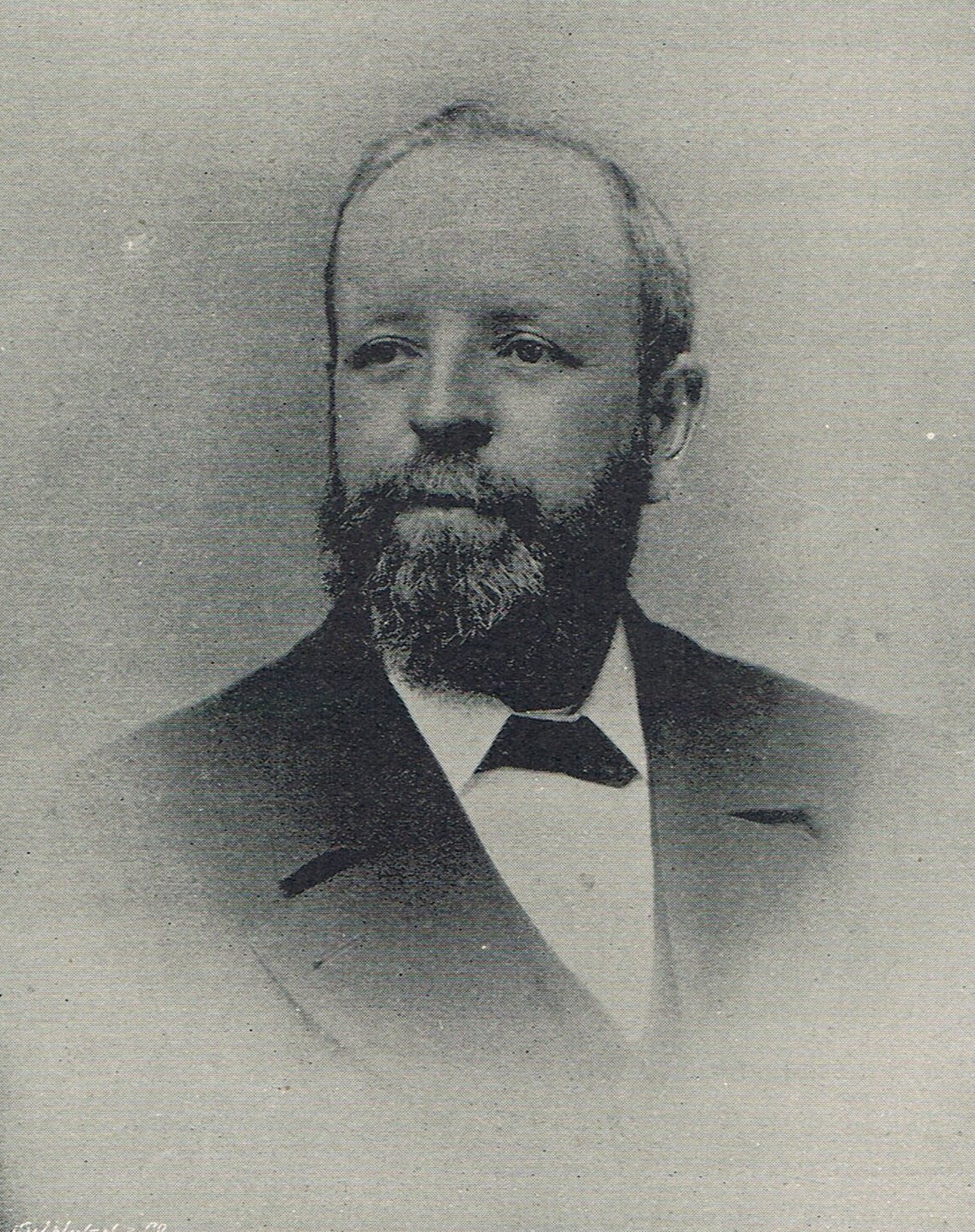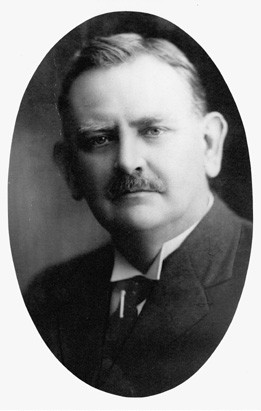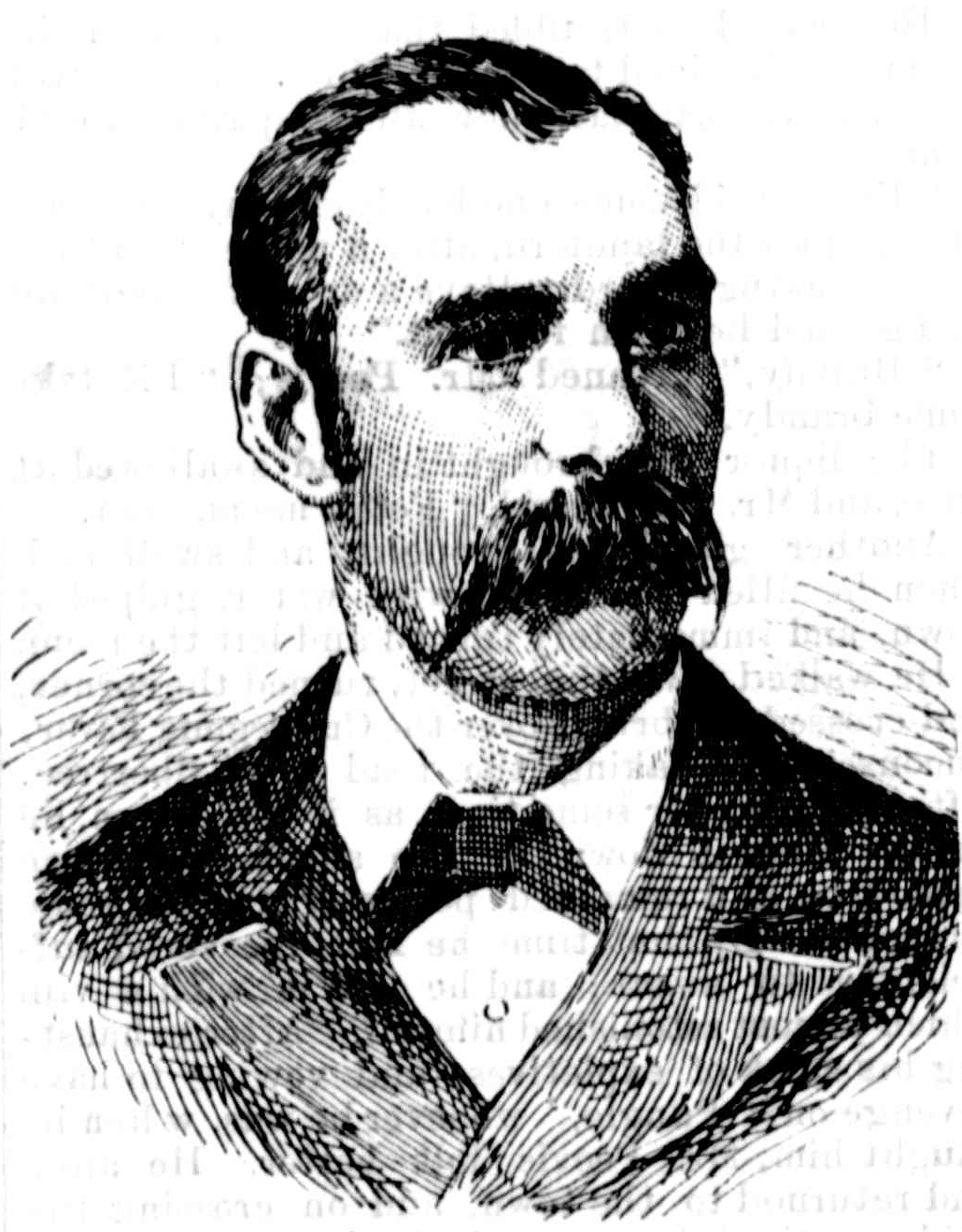|
Minister For Education (Western Australia)
The Minister for Education and Training is the member of the Government of Western Australia responsible for maintenance and improvement of Western Australia's system of education, and is answerable to the Parliament for all actions taken by the Department of Education under their authority. The holder of the office is usually an elected member of parliament from the ruling party or coalition, presently Tony Buti of the Labor Party. Until the Daglish Ministry in 1904, when the role was separately established, the responsibility for Education generally lay with the Colonial Secretary. Ministers for Education Notes # Politicians were not officially associated with organised parties until 1904. # The position was known as Minister for Education and Training from 14 January 2003 to 23 September 2008, when it reverted to its previous name. See References Sources * * * (no ISBN) * Hansard indexes and Western Australian Government Gazettes, 1890–2010 {{Western Australi ... [...More Info...] [...Related Items...] OR: [Wikipedia] [Google] [Baidu] |
Department Of Education (Western Australia)
The Department of Education (WA) is the government department responsible for education in Western Australia as well as on Christmas Island and the Cocos (Keeling) Islands. The Department's head office, commonly referred to as 'Silver City' or 'Central Services', is located at 151 Royal Street in East Perth. The department is led by its Director General, Lisa Rodgers, who is responsible to the Parliament of Western Australia and the Minister for Education and Training, the Honourable Sue Ellery, . Public schools, sub-agencies and branches As of September 2021, the Department is responsible for managing 822 public schools in Western Australia. Each public school is located within one of 8 education regions, overseen by an Education Regional Office and Director of Education. The Department also oversees the registration, regulation and review of non-government schools in Western Australia. Additionally, there are a number of sub-agencies and branches of the Department: Prec ... [...More Info...] [...Related Items...] OR: [Wikipedia] [Google] [Baidu] |
Frederick Illingworth
Frederick Illingworth (24 September 1844 – 8 September 1908), Australian politician, was a Member of Parliament in two Australian states, and a government minister in Western Australia. As a financier of land speculation in Victoria in the 1880s, he was heavily involved in the Victorian land boom. Early life Frederick Illingworth was born in Little Horton now part of Bradford, West Yorkshire on 24 September 1844. The son of a woolcomber, he emigrated to Victoria, Australia with his family at the age of four. As a young man he worked as an ironmonger at Brighton, Melbourne, and he later acquired pastoral land at Yalook. On 5 September 1867 he married Elizabeth Tarry, with whom he had one son and one daughter. In the late 1870s he partnered with J. R. Hoskins to form an estate agent firm, but the business failed. In 1883 he returned to ironmongery, establishing an electroplating business in Melbourne. Victorian land boom In 1888, Illingworth founded and became the majo ... [...More Info...] [...Related Items...] OR: [Wikipedia] [Google] [Baidu] |
Norbert Keenan
Sir Norbert Michael Keenan QC (30 January 1864 – 24 April 1954) was an Australian lawyer and politician who was a member of the Legislative Assembly of Western Australia from 1905 to 1911 and again from 1930 to 1950. He was the leader of the Nationalist Party from 1933 to 1938, during the time when it was the junior partner in the coalition with the Country Party. Keenan had earlier served as a minister in the government of Newton Moore (as attorney-general) and the second government of Sir James Mitchell. Early life Keenan was born in Glasnevin, County Dublin, Ireland, to Elizabeth Agnes (née Quin) and Sir Patrick Joseph Keenan. His father was an educationalist and a member of the Privy Council of Ireland. Keenan was sent to Downside School (in Somerset, England) for his secondary schooling, and then studied law at Trinity College Dublin. He was admitted to King's Inns in 1890, allowing him to practise as a barrister in Ireland, and was later also admitted to the Middl ... [...More Info...] [...Related Items...] OR: [Wikipedia] [Google] [Baidu] |
John Drew (Australian Politician)
John Michael Drew (17 October 1865 – 17 July 1947) was an Australian politician who served as a member of the Western Australian Legislative Council for 41 years in two separate terms between 1900 and his death in 1947. Born at Wanerenooka, Northampton, Western Australia, Drew established and edited several newspapers circulating in the Geraldton region before entering politics. A strong opponent of federation, he was elected to the Legislative Council in 1900. Nominally independent, Drew aligned himself with the Labor Party, and served in several Labor ministries during the early 1900s, in positions such as Minister for Agriculture, Minister for Lands, and Colonial Secretary. He officially joined the party in 1911, having been admitted to caucus sittings the previous year. During World War I, Drew supported conscription, but this issue, coupled with the ineffectual Scaddan Ministry, led to him losing his seat at the 1918 election. He regained his seat at the 1924 election, a ... [...More Info...] [...Related Items...] OR: [Wikipedia] [Google] [Baidu] |
John Ewing (Australian Politician)
John Ewing (6 October 1863 – 30 November 1933) was an Australian politician who served in both houses of the Parliament of Western Australia. He was a member of the Legislative Assembly from 1901 to 1904 and again from 1905 to 1908, and then served as a member of the Legislative Council from 1916 until his death. Ewing was born in Wollongong, New South Wales, to Elizabeth (née Thomson) and Thomas Campbell Ewing. His brothers, Norman Ewing and Sir Thomas Ewing, were also politicians. Ewing was educated at The King's School, Parramatta, and afterward worked as a surveyor in southern New South Wales. He came to Western Australia in 1896, initially working as a surveyor on the goldfields. He later settled in the South West, living at Bunbury, and in 1897 was responsible for surveying the townsite of Collie. [...More Info...] [...Related Items...] OR: [Wikipedia] [Google] [Baidu] |
Nationalist Party (Australia)
The Nationalist Party, also known as the National Party, was an Australian political party. It was formed on 17 February 1917 from a merger between the Commonwealth Liberal Party and the National Labor Party, the latter formed by Prime Minister Billy Hughes and his supporters after the 1916 Labor Party split over World War I conscription. The Nationalist Party was in government (from 1923 in coalition with the Country Party) until electoral defeat in 1929. From that time it was the main opposition to the Labor Party until it merged with pro-Joseph Lyons Labor defectors to form the United Australia Party (UAP) in 1931. The party is a direct ancestor of the Liberal Party of Australia, the main centre-right party in Australia. History In October 1915 the Australian Prime Minister, Andrew Fisher of the Australian Labor Party, retired; Billy Hughes was chosen unanimously by the Labor caucus to succeed him. Hughes was a strong supporter of Australia's participation in World War ... [...More Info...] [...Related Items...] OR: [Wikipedia] [Google] [Baidu] |
Western Australian Liberal Party (1911–17)
The Western Australian Liberal Party, officially known as the Liberal Party of Australia (Western Australian Division), is the division of the Liberal Party of Australia in Western Australia. Founded in March 1949 as the Liberal and Country League of Western Australia (LCL), it simplified its name to the Liberal Party in 1968. There was a previous Western Australian division of the Liberal Party when the Liberal Party was formed in 1945, but it ceased to exist and merged into the LCL in May 1949. The Liberal Party has held power in Western Australia for five separate periods in coalition with the National Party (previously the Country party), with the longest period between 1959 and 1971. The party was the sole opposition in the state from 2017 until the 2021 election, where the party lost eleven seats, thus losing opposition status to the National Party, marking the first time the party had failed to form either a coalition government or opposition on its own. Following th ... [...More Info...] [...Related Items...] OR: [Wikipedia] [Google] [Baidu] |
Hal Colebatch
Sir Harry Pateshall Colebatch (29 March 1872 – 12 February 1953) was a long-serving and occasionally controversial figure in Western Australian politics. He was a member of the Western Australian Legislative Council for nearly 20 years, the twelfth Premier of Western Australia for a month in 1919, agent-general in London for five years, and a senator for four years. Born in England, his family migrated to South Australia when Colebatch was four years old. He left school aged 11 and worked for several newspapers in South Australia before moving to Broken Hill in New South Wales in 1888. In 1894, he moved to the Western Australian Goldfields following the gold rush there. Early life and career Colebatch was born on 29 March 1872 in the village of Underley in Herefordshire, England, to George Pateshall Colebatch, a chemist and farmer, and Georgina Gardiner. The family had six sons and one daughter, with an additional two children who died as infants. They were low church Ang ... [...More Info...] [...Related Items...] OR: [Wikipedia] [Google] [Baidu] |
Thomas Walker (Australian Politician)
Thomas Walker (5 February 185810 May 1932), commonly referred to as Tommy Walker, was an Australian politician, a member of the New South Wales Legislative Assembly and the Western Australian Legislative Assembly. Walker was born in Preston, Lancashire, England, the son of corn miller and merchant Thomas Walker, and Ellen née Eccles. He was educated at Leyland Grammar School, then worked as a schoolteacher at Preston for two years. He then emigrated to Canada, where he worked as a farmhand and chemist's assistant. After returning to the United Kingdom he work as a journalist on the '' Preston Herald''. He later spent some time in Toledo, Ohio, where he spent 1876 lecturing on evolution and the occult. The following year he toured through New South Wales, England and South Africa, lecturing on spiritualism and politics. While in South Africa in 1881, he married Andrietta Maria Somers, with whom he had two sons and two daughters. Walker returned to Australia in 1882, spendi ... [...More Info...] [...Related Items...] OR: [Wikipedia] [Google] [Baidu] |
John Nanson
John Leighton Nanson (22 September 1863 – 29 February 1916) was a journalist and politician in Western Australia. A former writer and sub-editor with ''The West Australian'', he served in the Legislative Assembly of Western Australia from 1901 to 1905 and again from 1908 to 1914. Nanson was a minister in the governments of Alf Morgans, Walter James, Newton Moore, and Frank Wilson, including as attorney-general from 1909 to 1911. Early life Nanson was born in Carlisle, Cumberland, England. He attended Carlisle Grammar School and King William's College (on the Isle of Man). After leaving school, Nanson emigrated to Australia, initially living in Broken Hill, New South Wales, and then going to South Australia. He arrived in Western Australia in the mid-1880s, worked as a journalist. In 1899, he was made an associate editor of ''The West Australian'', having previously served as its Fremantle correspondent. [...More Info...] [...Related Items...] OR: [Wikipedia] [Google] [Baidu] |
Frank Wilson (politician)
Frank Wilson (12 May 1859 – 7 December 1918), was the ninth Premier of Western Australia, serving on two separate occasions – from 1910 to 1911 and then again from 1916 to 1917. Frank Wilson was born at Monkwearmouth, Sunderland, England on 12 May 1859. He was educated in Sunderland, then Moravian School in Neuwied, Germany, and finally at Wesley College, Sheffield. He was then apprenticed to Peacock Bros. and Sons, a Sunderland firm of shipbrokers and timber merchants. At the age of nineteen, he joined his brother in the establishment of an engineering works. Two years later, he married Annie Phillips. Wilson remained in the engineering business for eight years, until an engineering strike in 1886 caused the business substantial losses. The following year he sailed for Queensland, where he initially ran his own business, and later became manager of A. Overend and Company, a well-known firm of railway contractors, machinery merchants and flour millers. In October 18 ... [...More Info...] [...Related Items...] OR: [Wikipedia] [Google] [Baidu] |
Thomas Bath
Thomas Henry Bath, CBE (21 February 1875 – 6 November 1956) was an Australian politician, trade unionist, newspaper editor, writer, and cooperativist. A member of the Labor Party, he served as a Member of the Western Australian Legislative Assembly between 1902 and 1914 for the constituencies of Hannans, Brown Hill and Avon, and was also Minister for Education for a period of 79 days in 1905, and Leader of the Opposition between 1906 and 1910. In later life, Bath was involved in the establishment of the University of Western Australia, and also initiated several agricultural cooperatives. Early life Bath was born to Thomas Henry Richard Bath, a miner, and his wife Sarah Ann Bath (née Barrow), on 21 February 1875, at Hill End, New South Wales, a mining town in the Blue Mountains. He emigrated to the Western Australian Goldfields in 1896, and found work as a miner. The following year, after a brief sojourn in New South Wales, Bath was involved in founding the Amalgamat ... [...More Info...] [...Related Items...] OR: [Wikipedia] [Google] [Baidu] |



